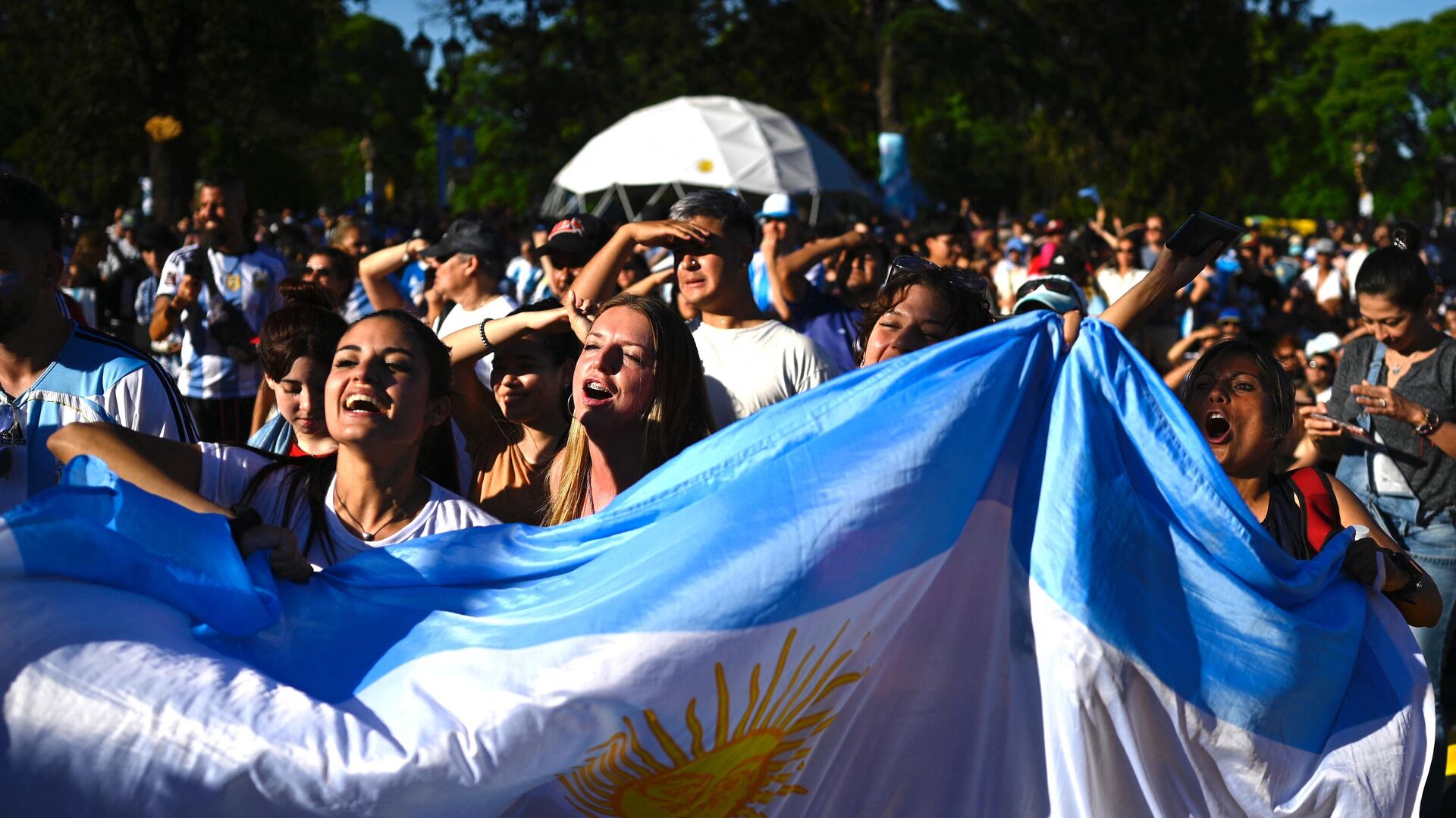
-
Published: 22 October 2023

Voters in Argentina are heading to the polls in a presidential election dominated by anger over decades of economic decline and record inflation that has pushed political candidate Javier Maille to the forefront of the race.
Edited by |Alexander Yaxina
South America section - CJ journalist
Buenos Aires - October,22,2023
Miley, a libertarian economist who formed his party Libertad Avanza (progress of freedom) only in 2021, surprised most experts and pollsters when he came to the forefront of the electoral race, winning the primaries with 30% of the vote.
The self-described “anarcho-capitalist” with his shaggy hair and rock star personality attracted voters with his caustic speeches on television and social media, in which he vowed to “dynamite” the central bank and abandon the peso for the US dollar.
He ran his campaign on TikTok and YouTube and appeared at Live rallies with an actual chainsaw pledging to cut public spending by 15 percent.
Although Miley has topped the polls, she has not proven her reliability in the past, and analysts say that anything can happen between the top three candidates out of five.
The charismatic Economy Minister Sergio Massa represents the ruling center-left Peronist Coalition, a populist movement that relies heavily on state intervention and welfare programs and has dominated Argentine politics for decades but has lost popularity badly.
Having overseen the country's recent economic woes, he has become an easy hit for his rivals.
In order to attract voters, Massa launched a spending campaign before the elections, cutting income tax for a large part of the population in a move that analysts say will only worsen the country's fragile financial situation.
To counteract Miley, his government did its best to explain to voters what it means to lose the main subsidies that keep public transport and electricity, among other things, cheap.
The other frontrunner is Patricia Bullrich, the strict and hard-talking former minister of security, who also pledged a radical change from the overspending and money-printing Peronists, and their strict currency controls.
Bullrich served in the government of former President Mauricio Macri (2015-2019), a pro-market and non-Peronist who failed in his promise to contain spending and received a record loan of 44 billion dollars from the IMF, which rescued Argentina. He came out 22 times despite several huge defaults.
The 35,8 million registered voters in Argentina will be able to cast their ballots from eight in the morning local time (11:00 GMT) until six in the evening (21:00 GMT).
Preliminary results are expected on Sunday evening.
To avoid a run-off election on November 19, a candidate needs to win 45% of the vote on Sunday, or 40% with a margin of 10 points or more from the nearest rival.
